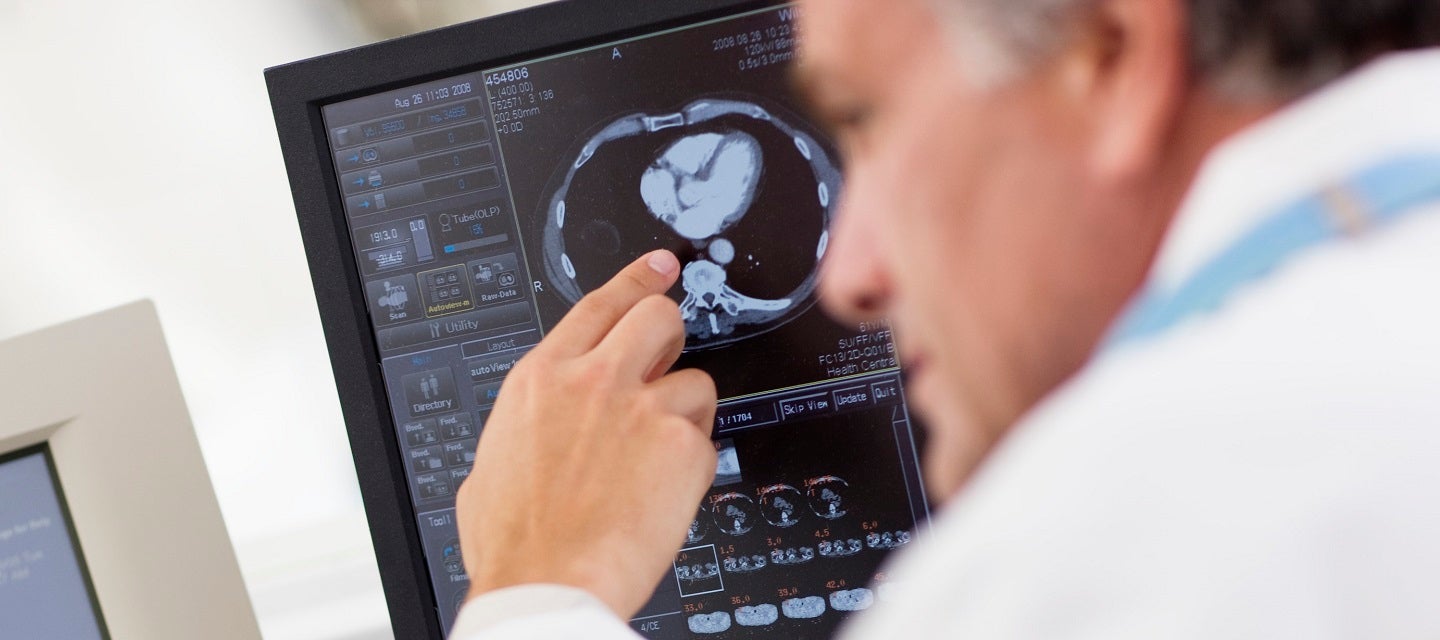
Magnetic resonance imaging (MRI)
Magnetic resonance imaging (MRI)

Magnetic resonance imaging (MRI) has become an increasingly essential diagnostic tool. The superlative soft tissue detail makes MRI the preferred modality for brain, spine, and the bone marrow as well as soft issues in and around the joints. In addition, improvements in MRI technology have created magnets that are quieter, faster, more comfortable, more accurate and hence more informative for GPs and specialists alike.
MRI for GPs - considerations & common cases
Access Dr Jourena Li's answers to attendees' questions after her presentation here.
MRI in General Practice
MRI has become the initial investigation in the management of certain conditions in the primary care setting, as determined by the Established Standard of Care. This resource outlines the indications and expected results for conditions commonly presenting to General Practitioners.
MRI Guidelines - Medicare Eligible MRI services
This document outlines General Practitioner referred MRI items for adults and children as well as non-Medicare eligible MRI services for adults within a primary care setting.
GP indications for MRI
GPs have access to some MRI rebates for conditions which commonly present in general practice, to help determine whether specialist referral is required, and/or to accelerate the patient management.
CT or MRI? A quick reference guide
One question our radiologists are often asked by our referring practitioners is “When should I order CT over MRI, or vice versa?”. We have developed a quick reference guide to CT and MRI with current recommendations for common patient presentations. Of course, should you have a particular query, you can always call your local radiologist for advice.
Quick reference guide.
MRI - Adult case studies
Learn about the advantages that MRI has over other modalities in these informative case studies by our specialist radiologists. The studies cover common injuries and complaints such as unexplained seizure, suspected cervical spine trauma, acute low back pain, shoulder injuries and knee trauma.
Breast MRI - information for patients
Magnetic resonance imaging for breast is a non-invasive imaging technique that does not expose the patient to any ionizing radiation or breast compression. This information sheet will explain what is involved in the test.
Medicare eligibility - MRI of the breast
Is your patient eligible for a Medicate rebate for an MRI of the breast? Click here to find out.
MRI Safety Checklist
Because of the potentially serious complications from safety issues with MRI (interaction of the magnetic field with implanted devices and ferromagnetic objects), each patient is required to answer our MRI Safety Checklist. This will be checked during a verbal interview with the patient before the scan to ensure they do not have any implants that are contraindicated.
